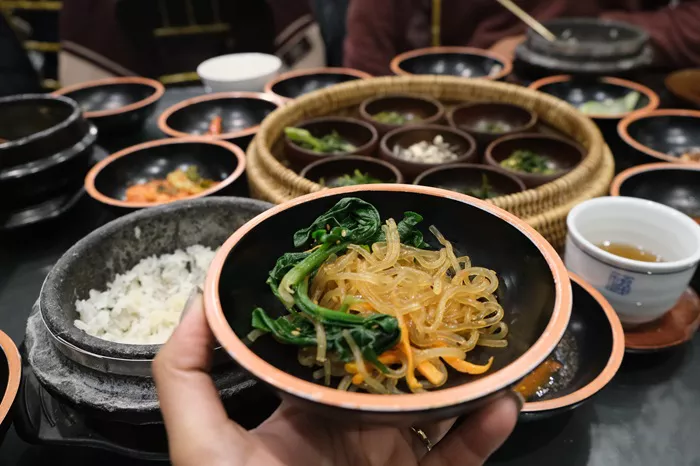The Korea Heritage Service said on Monday that temple cuisine has been designated as an intangible heritage.
The agency said temple food reflects the importance Korean cooking places on nature. Temple food does not contain meat, fish, dairy products, or garlic, onions, chives or leeks to avoid stimulating sexual desire, but focuses on the freshness of vegetables and herbs.
“Buddhist temple cuisine is still being passed down today, and it upholds the tradition of respecting life and has a low-key taste. It continues to incorporate local characteristics and stands out among temple cuisines around the world,” the agency said.
Temple dishes are also diverse and creative, with different chefs enriching temple food in their own ways, the agency added.
The agency noted that the latest honor will not be given to specific individuals or groups because “everyone in Buddhist temples across the country participates in the preparation of temple food.” An agency official said: “This recognition is given to the entire Buddhist community.”
According to the Korea Heritage Service, historical records detailing temple cuisine date back to the Goryeo Kingdom (918-1392) in the early 13th century.

